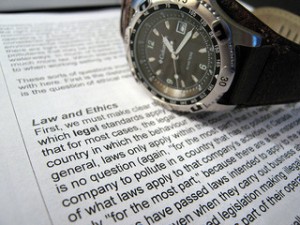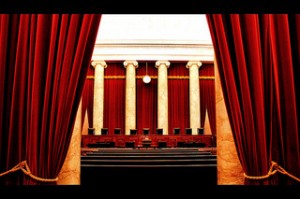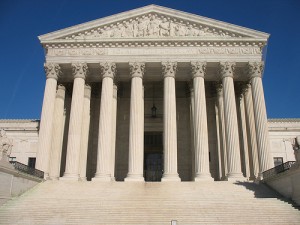Legal Ethics Resources
Posted
05 Aug 2014 in Tips and Tactics
Substantial information on legal ethics is available on the Internet, including:
- http://www.law.georgetown.edu/library/research/guides/legal_ethics.cfm, a broad-based Legal Ethics Research Guide offered by Georgetown Law Library with links to substantial material. Many of the links are to Lexis and Westlaw, but there is an extensive list of available resources, and some Internet links.

- http://legalethics.com/, which focuses on a variety of specific topics, including ethical walls, blogs, ethical issues associated with use of technology by legal professionals, use of the cloud, and a state by state directory.
- http://www.freivogelonconflicts.com/, described as “A Guide to Conflicts of Interest for Lawyers,” which gathers material into multiple topics such as Co-Counsel/Common Interest, Corporate Families, Enjoining Conflicts, Investing in Clients/Stock for Fees, Lawyers Representing Lawyers.









